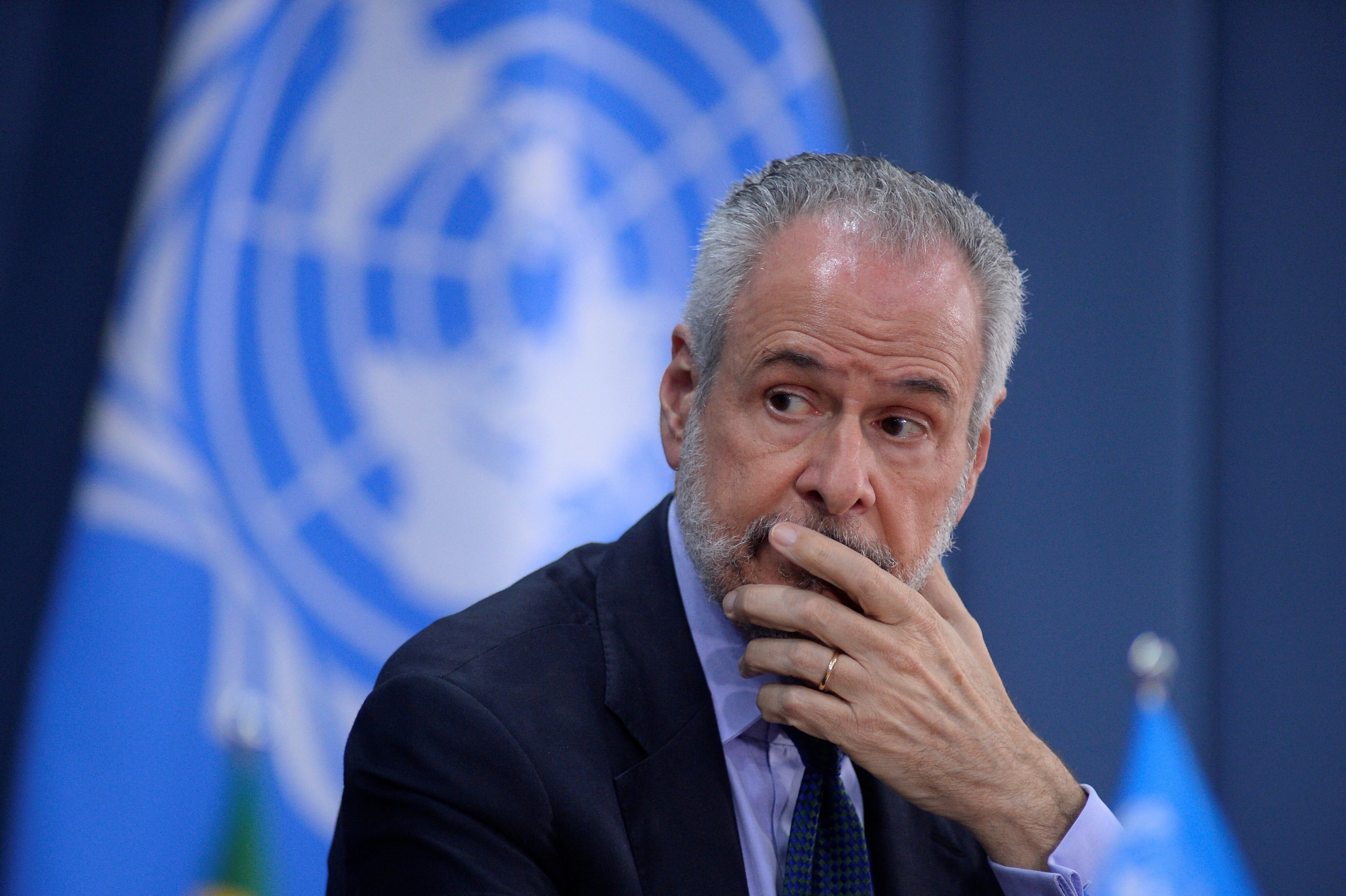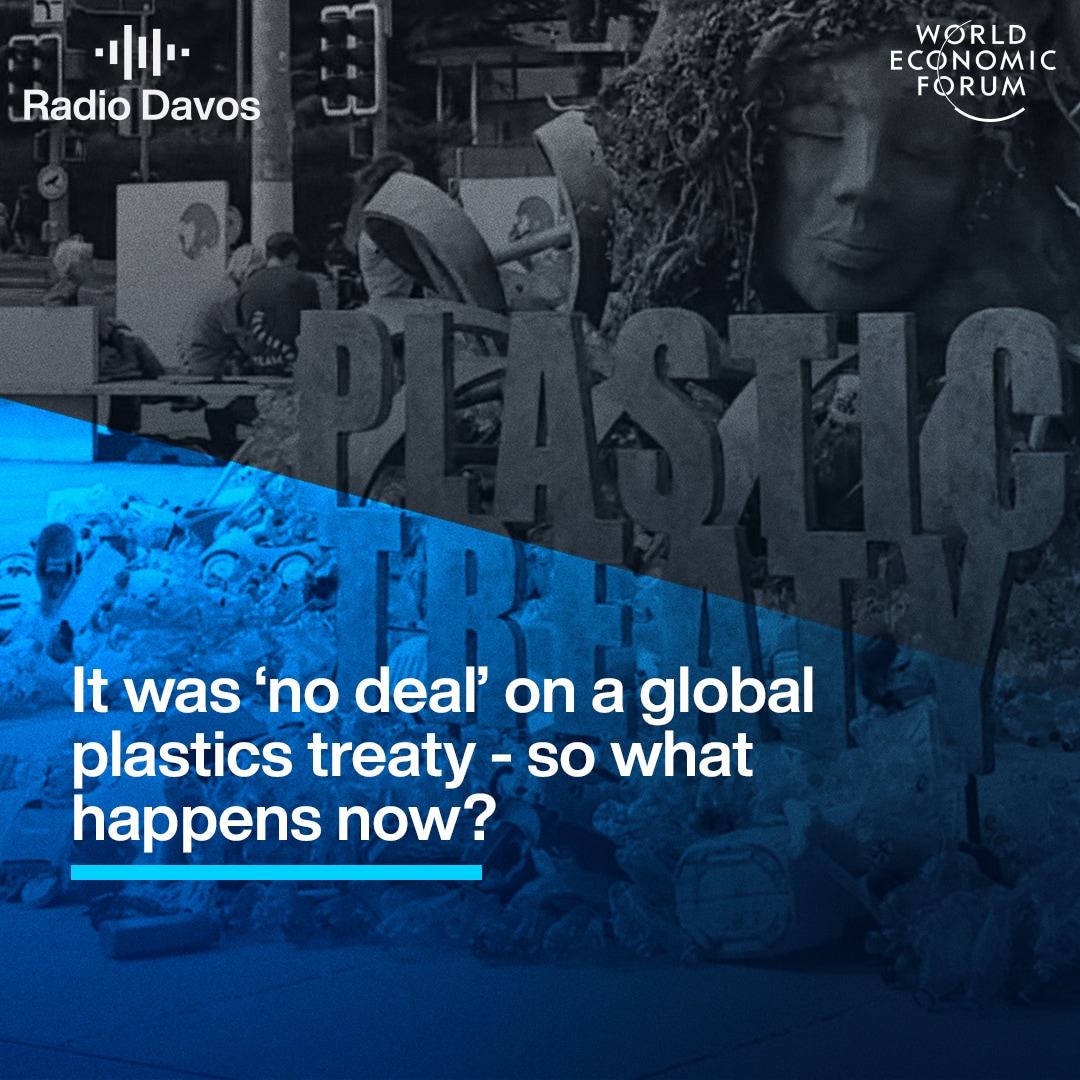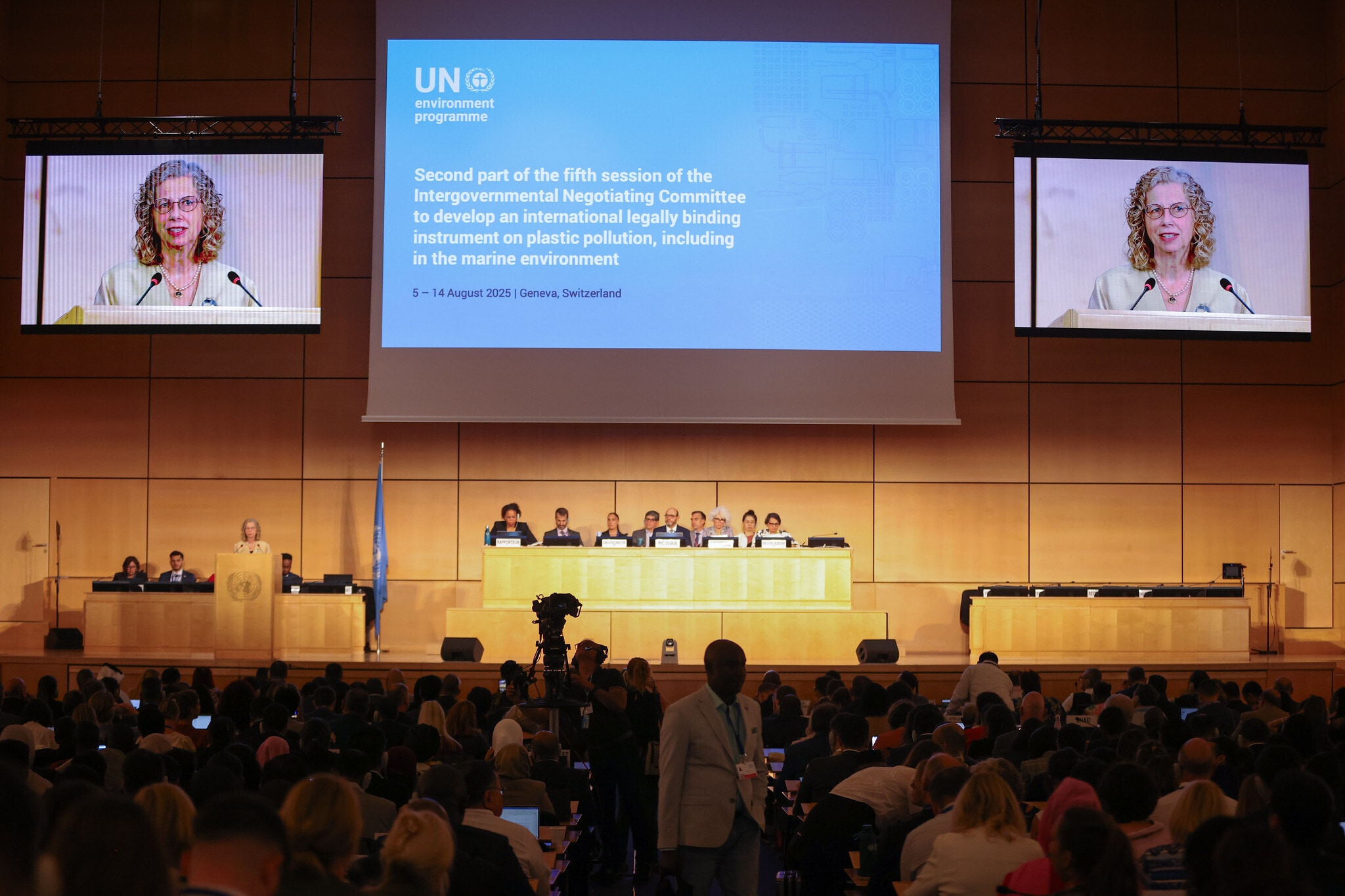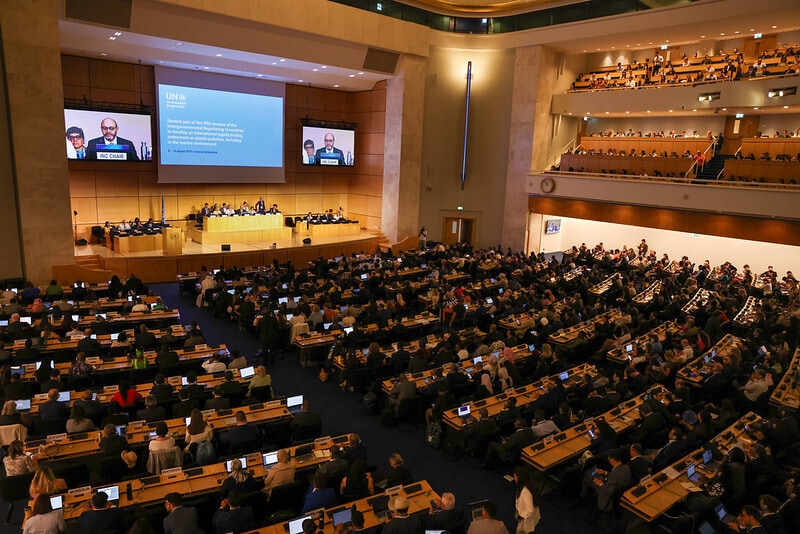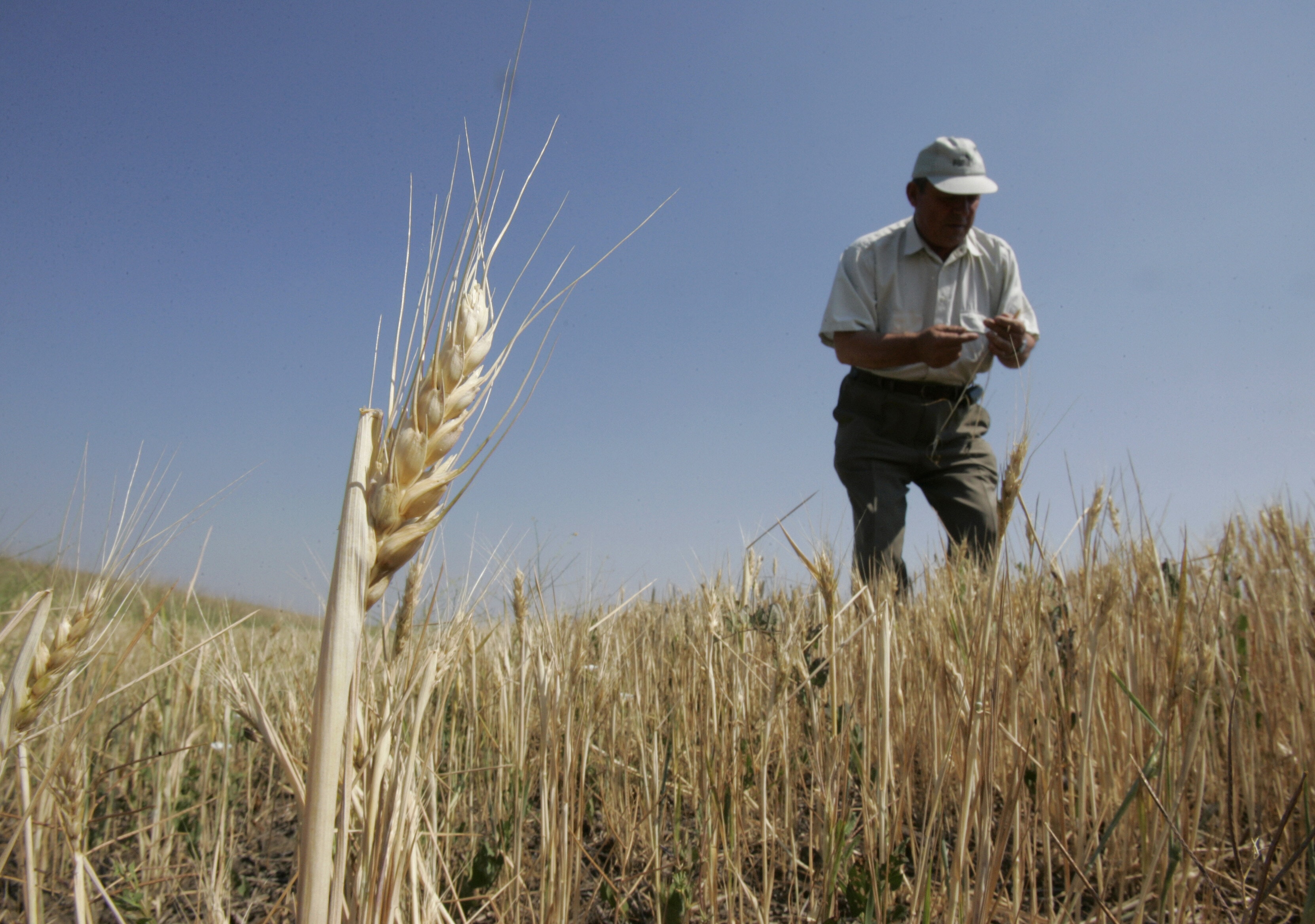Study: Poorer Indian households are bearing the brunt of global pollution

“Low-income groups are facing a disproportionate impact of air pollution from other sources.’’
Image: REUTERS/Anushree Fadnavis - RC2USK970CV1
Stay up to date:
Air Pollution
- Poorer households in India are bearing a disproportional impact from pollution caused by others.
- The results were discovered in a study by Yale School of the Environment.
- The study is the first to analyze and review how different households contribute to air pollution, as well as the impact of the pollution on different households by income levels.
“Low-income groups, despite not producing a lot of air pollution indirectly because they don't consume much, are facing a disproportionate impact of air pollution from other sources,’’ Rao says.
The study, “Household contributions to and impacts from air pollution in India,” was co-authored by Gregor Kiesewetter, Jihoon Min, Shonali Pachauri, and Fabian Wagner of the International Institute for Applied Systems Analysis where Rao is also a senior research scholar.

Most pollution from poorer households comes from the use of biomass burning cook stoves that rely on wood and kerosene, which have a direct impact on indoor pollution levels in their homes. Higher income groups indirectly contribute to pollution through the manufacturing of the products they consume as well as their use of transportation and electricity. But wealthier households are shielded from the effects because of access to air conditioning, better health care, and more efficient buildings and clean-energy stoves.
Air pollution is among the leading causes of premature mortality worldwide and unequal exposure to air pollution likely contributes to health inequality, the study notes. It leads to lung and cardiovascular disease, cancer, and other illnesses such as COPD.
The study reviewed data in unique ways. It presents a breakdown of indirect contributions to annual, population-weighted ambient pollution by consumption category for different income levels; accounts for different vulnerabilities of income groups in mortality estimates and compares the effectiveness and distributional impacts of pollution-mitigation policies. It also defines a new pollution inequity index (PII) that measures the mortality impact per unit of air pollution contributed by households at different income levels.
The data showed that in aggregate, transport and indirect emissions associated with household consumption contributed almost twice as much to ambient particle matter concentrations as direct emissions from biomass cook stoves and that the mortality risk from these indirect sources falls disproportionately on lower-income households, exacerbating the mortality risks they already face from the cook stoves.
It concluded that while industry‐wide pollution controls can reduce inequity in the impacts of ambient air pollution, providing low-income households with clean cooking fuels remain the most effective way to reduce the number of premature deaths from air pollution in India.
How is the World Economic Forum bringing data-driven healthcare to life?
“The main policy solution still is to clean up the direct source,’’ he says.
The data will likely hold for other countries with similar issues.
“Some of these patterns are quite universal,’’ Rao says. “For example, as you have a higher income, you buy a cleaner stove. As you increase in income, you buy more stuff; you consume more electricity, and you drive cars instead of taking public transit. The study makes us understand that we have a responsibility to clean up our pollution. We are hurting other people from our consumption more than we are hurting ourselves.”
Accept our marketing cookies to access this content.
These cookies are currently disabled in your browser.
Don't miss any update on this topic
Create a free account and access your personalized content collection with our latest publications and analyses.
License and Republishing
World Economic Forum articles may be republished in accordance with the Creative Commons Attribution-NonCommercial-NoDerivatives 4.0 International Public License, and in accordance with our Terms of Use.
The views expressed in this article are those of the author alone and not the World Economic Forum.
Forum Stories newsletter
Bringing you weekly curated insights and analysis on the global issues that matter.
More on Nature and BiodiversitySee all
David Elliott
August 27, 2025
Tom Crowfoot
August 20, 2025
Chavalit Frederick Tsao
August 19, 2025
Andrea Willige
August 15, 2025
Tom Crowfoot
August 14, 2025
